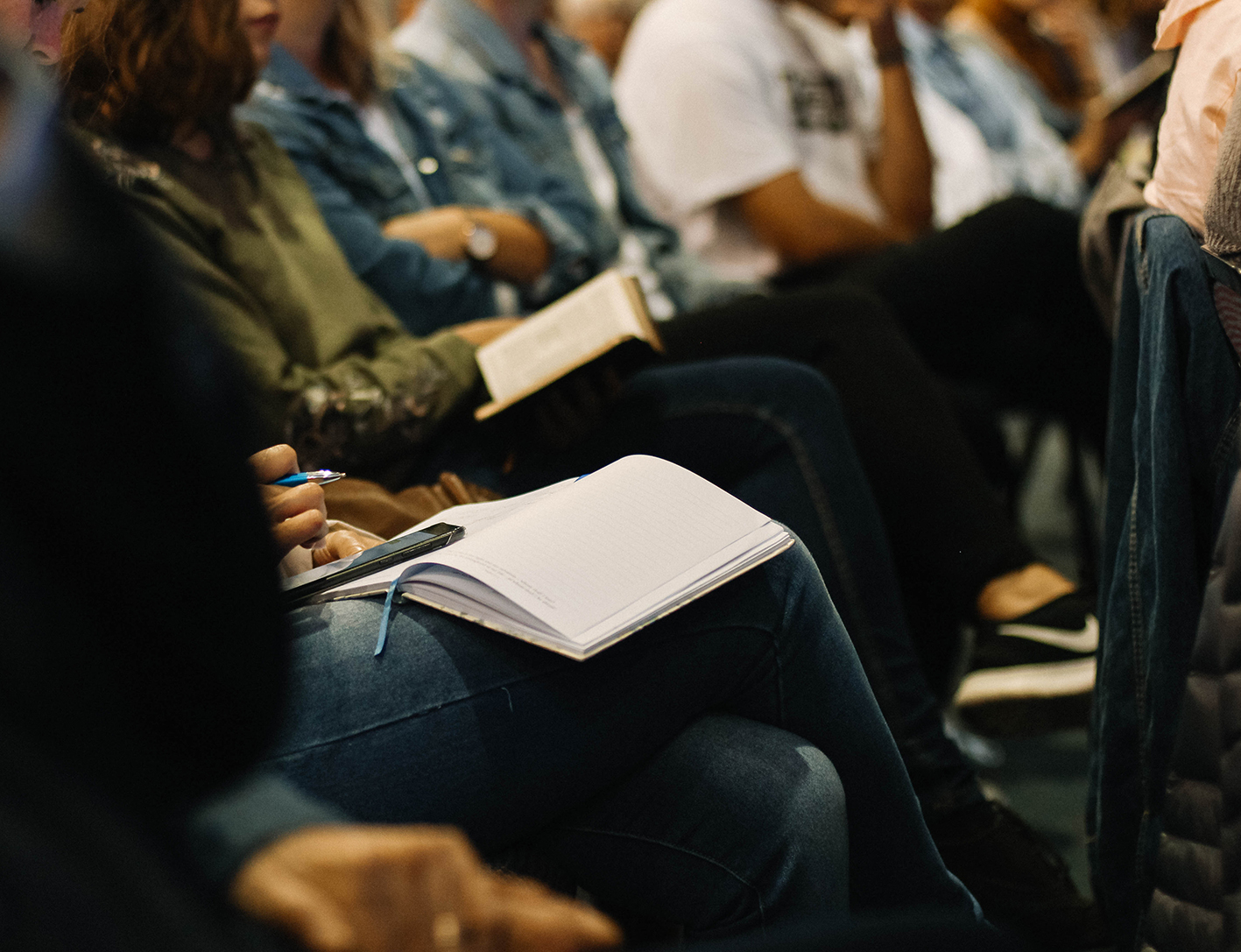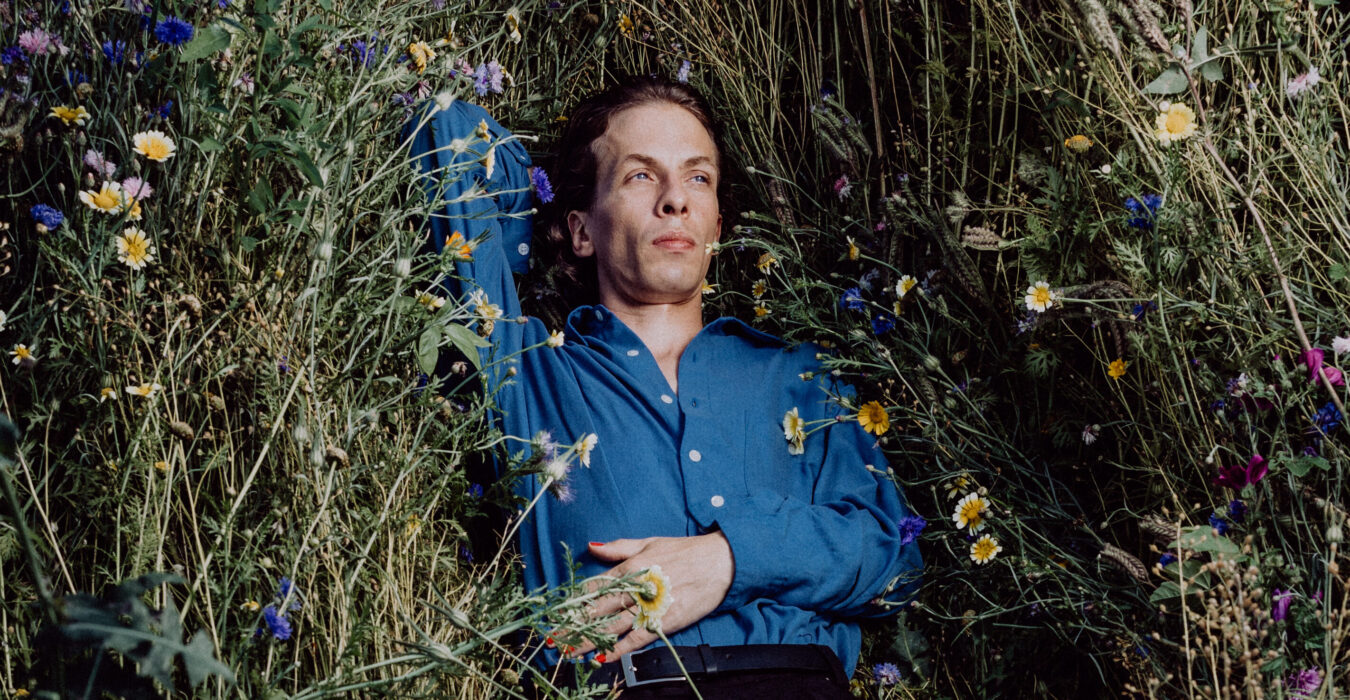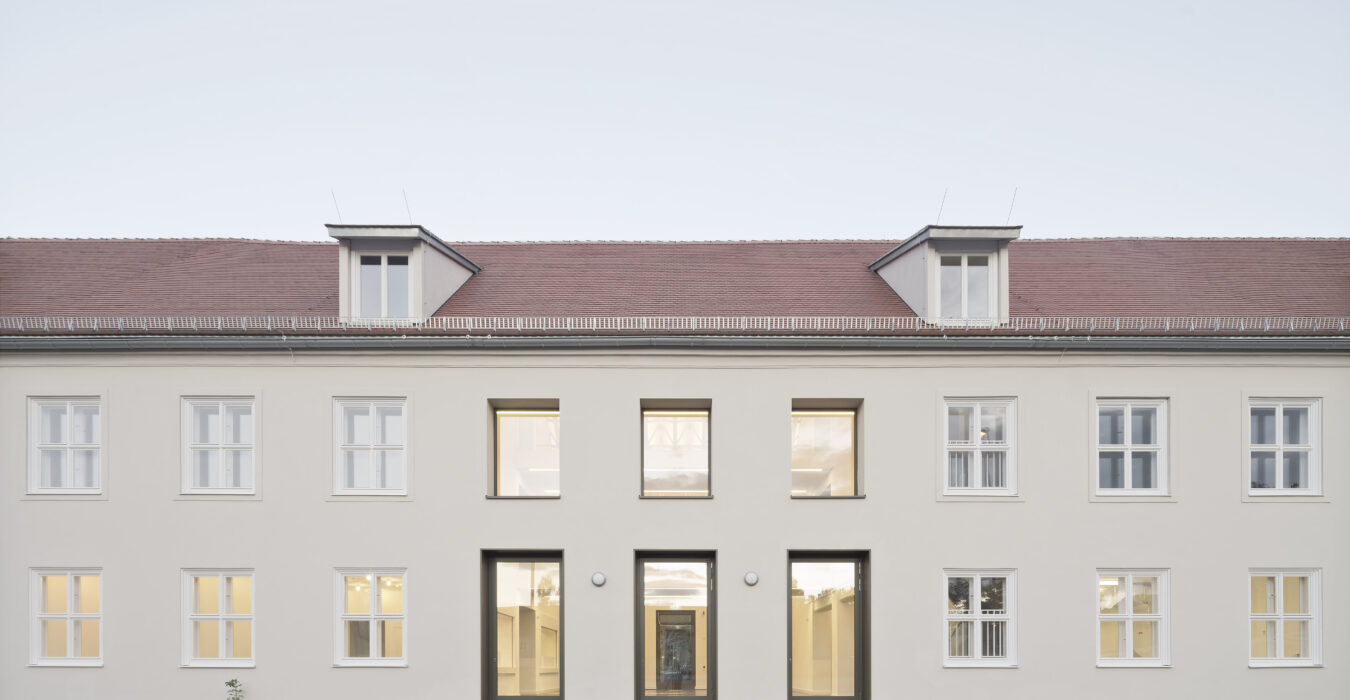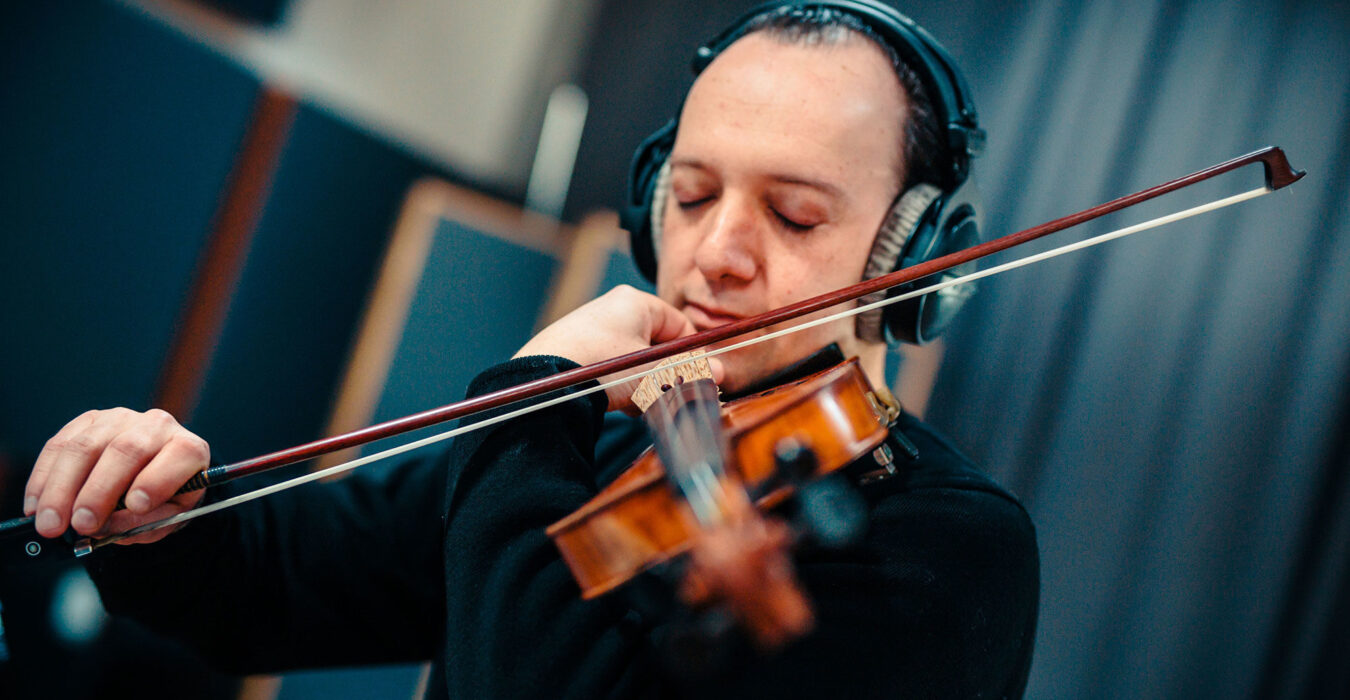Making work visible again
Panel
Soon after the fall of the Wall, Heiner Müller predicted that from now on it would no longer be politics that would determine people’s fate, but technology. The “marriage of man & machine” was an obsession of his throughout his life. Not only did he take a negative view of it – he also saw it as the only way to achieve a kind of immortality. 25 years after his death we look back on a rapid technological development. The question of the automation of production and the “introduction of electronic data processing into human relations”, which was already raised in “Horizons” in 1968/69, is now a matter of renewed urgency in the light of advances in robotics and artificial intelligence. 40 percent of all jobs are said to be in danger. Hannah Arendt already warned in the early 1960s of the upheavals when the “abolition of work” would be based on a “labour society”. Can we even imagine a society that is no longer a “labour society”? Or how does the concept of work change if a large part of it can be taken over by machines? And what does this mean for the workers who are no longer to be imagined as male industrial workers on the assembly line, but rather as “supervisors and regulators” of an automated production process, as Marx outlined in the “Machine Fragment”? The cyberneticist Georg Klaus, on whose ideas Gerhard Winterlich drew when writing “Horizons”, tried to optimise this process. In order to “perfect” democracy immediately afterwards by introducing new methods of co-determination in real time. So could it be that Heiner Müller’s idea of the “marriage of man & machine” could manoeuvre us into a dead end. Shouldn’t it be much more about a juxtaposition of collective and artificial intelligence?
A conversation with former members of the Arbeiter*innentheater Schwedt/Oder and the educational scientist Eva Renvert, whose doctoral thesis on the “Discourse of Workers’ Theatre in the 20th Century” dealt intensively with Winterlich’s “Horizons”, as well as the political scientist Kolja Möller, who rediscovered the theories of Georg Klaus in the course of his research on a political theory of action, the media theorist Soenke Zehle and Alexander Karschnia (andcompany&Co.).





